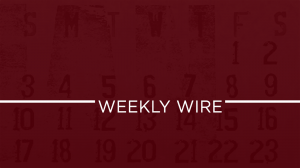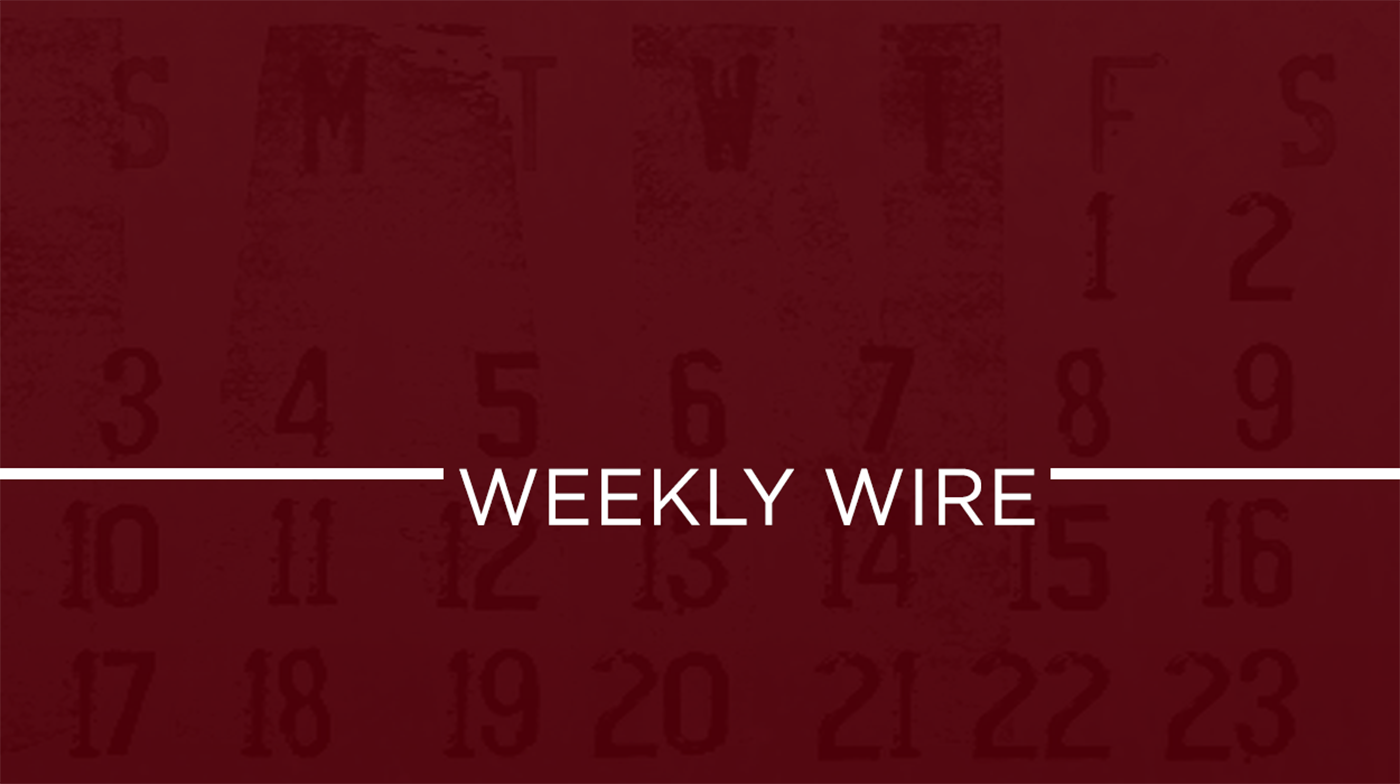
These are the stories we’re watching this week. Here is your Weekly Wire:
- Daniel Dale, the Toronto Star‘s Washington correspondent, appeared on CNN‘s Reliable Sources Sunday to discuss fact-checking Donald Trump. Since September, Dale’s taken to Twitter to fact-check Trump, often catching as many as 20 false statements in a single day. Political reporters’ fact checks have been far less extensive in the past, Dale said, and #TrumpCheck tries to make it clear to readers that Trump “is not a normal political liar who can be shoehorned into normal patterns of political coverage.”
- On Thursday November 3, The Canadian Journalism Foundation, in partnership with Journalists for Human Rights, is hosting “Beyond Missing and Murdered Women: Covering Indigenous Communities,” The panel discussion, with Lenny Carpenter, Karyn Pugliese, Connie Walker, Tanya Talaga and moderator Duncan McCue, will explore how Canadian journalists are covering Indigenous stories following the Truth and Reconciliation Commission’s report. It’ll be held at Ryerson, and tickets are still available. Steph Wechsler will be covering it for the RRJ later this week.
- Jail time? For libel? Lisa Taylor, who teaches ethics and law in journalism at Ryerson, says Canada’s libel laws are “archaic,” and according to her research, there has been a resurgence of criminal libel prosecutions aimed at critics of the police or other powerful groups. Taylor will present her research at Ryerson on November 1, in a conversation with Jamie Cameron, a professor at Osgoode Hall Law School and former vice-president of the Canadian Civil Liberties Association.
- The CRTC is holding hearings on differential pricing this week, thrusting net neutrality onto centre stage and pitting Canada’s telecom giants against one another. Bell and Telus are for it, while Rogers calls it discriminatory. Critics say differential pricing, currently a violation of the Telecommunications Act, could stifle innovation and give established internet providers an unfair leg-up on new competition. The result could affect internet service Canada-wide at a critical time: a recent CRTC report found that residential data usage jumped 40 per cent last year.
To see more frequent updates from the RRJ, please follow us on Twitter. You can also subscribe to our weekly newsletter for more in-depth news analysis. We’ll be back with your next Weekly Wire on Monday, November 7.
(Visited 92 times, 1 visits today)

